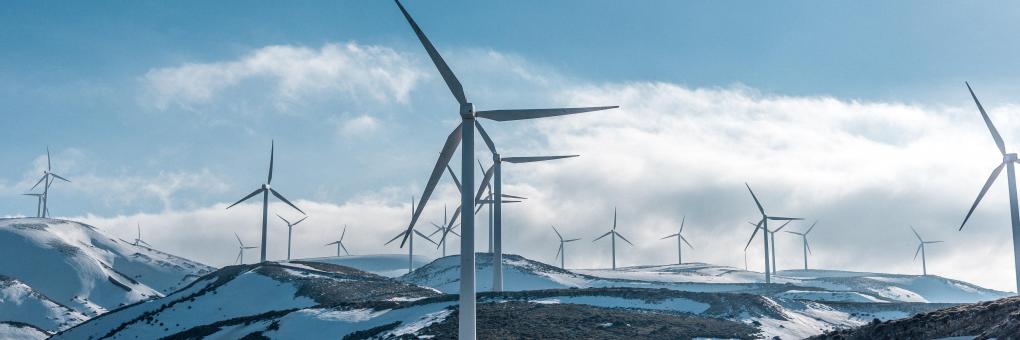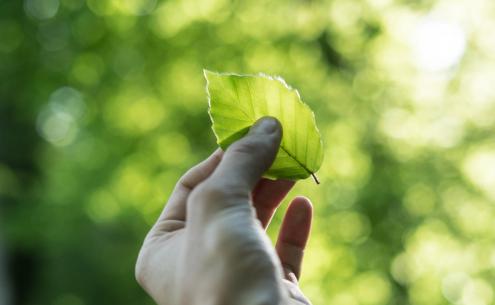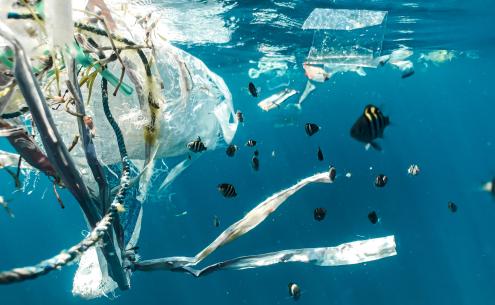The increasing number of businesses and the excess of consumption in the world have started to threaten the natural foundations of life. As our company, we attach importance to sustainability in the production of textiles and mattress ticking, where water consumption is high, and we make productions that respect nature. Thus, we reduce costs and secure resources for future generations.
Sustainability in the textile industry is about more than the use of natural sustainable raw materials and better working conditions. The consumption of water, energy and chemicals also poses challenges for textile companies at every stage of the chain.
Every day we encounter textiles in many different forms - as knitting, weaving, finishing, washing & dying. Until a finished product is produced, it passes through several production stages.
Every step in the textile chain focuses on different aspects of sustainability, which can be summarized as follows:
• Production factors, including water and energy consumption
• The availability of sustainable raw materials
• The effects of waste production
• The social responsibility of the companies towards the employees and the communities surrounding the plants
• The use of chemicals, including dyes and coatings
• Health risks for textile workers and consumers










